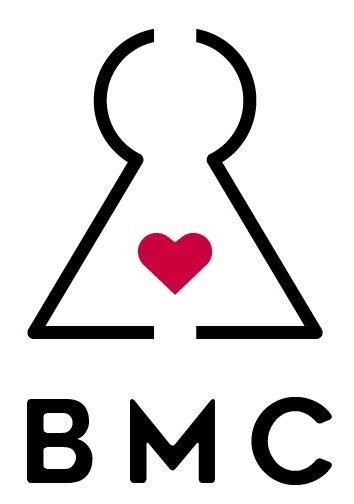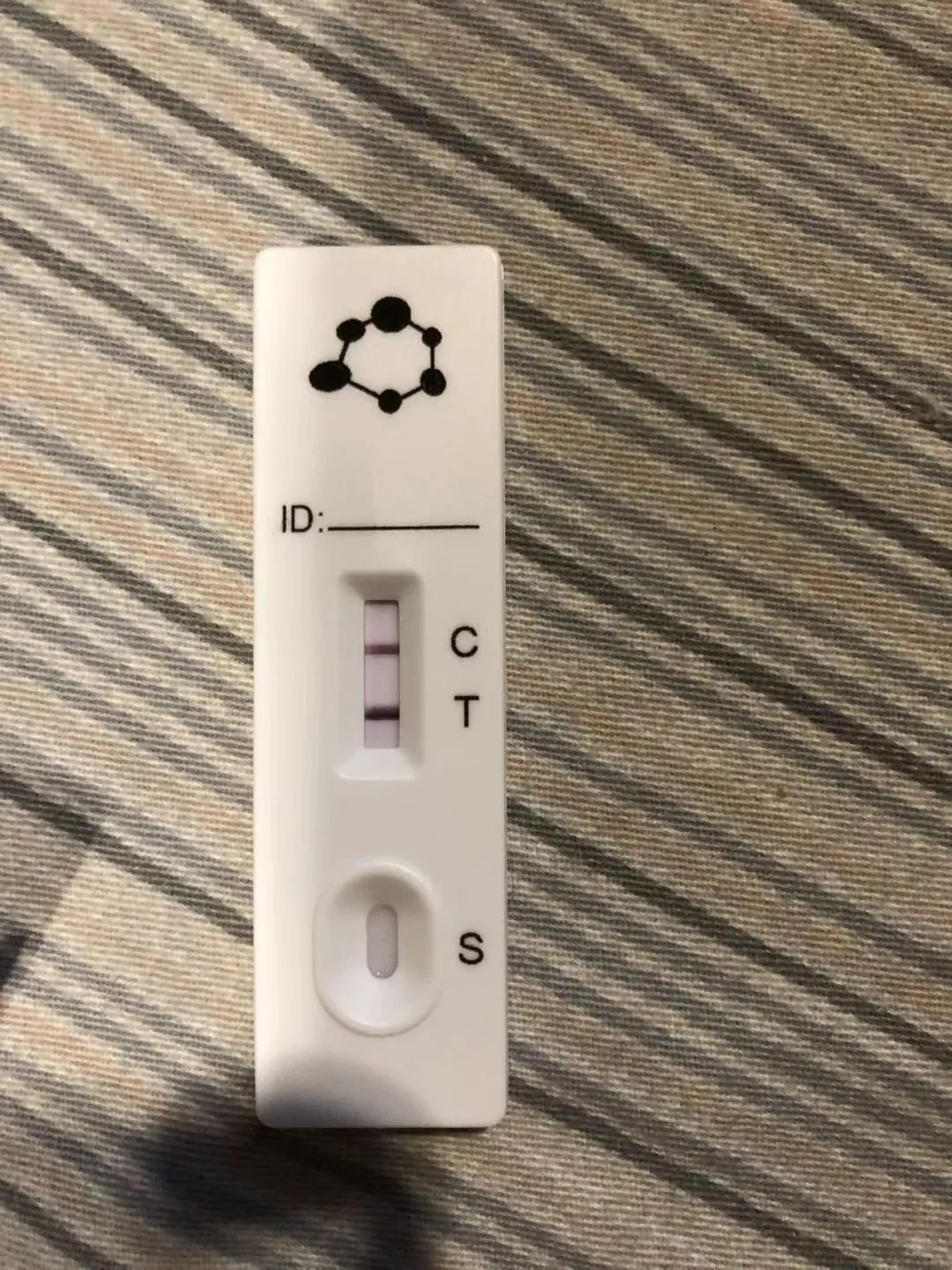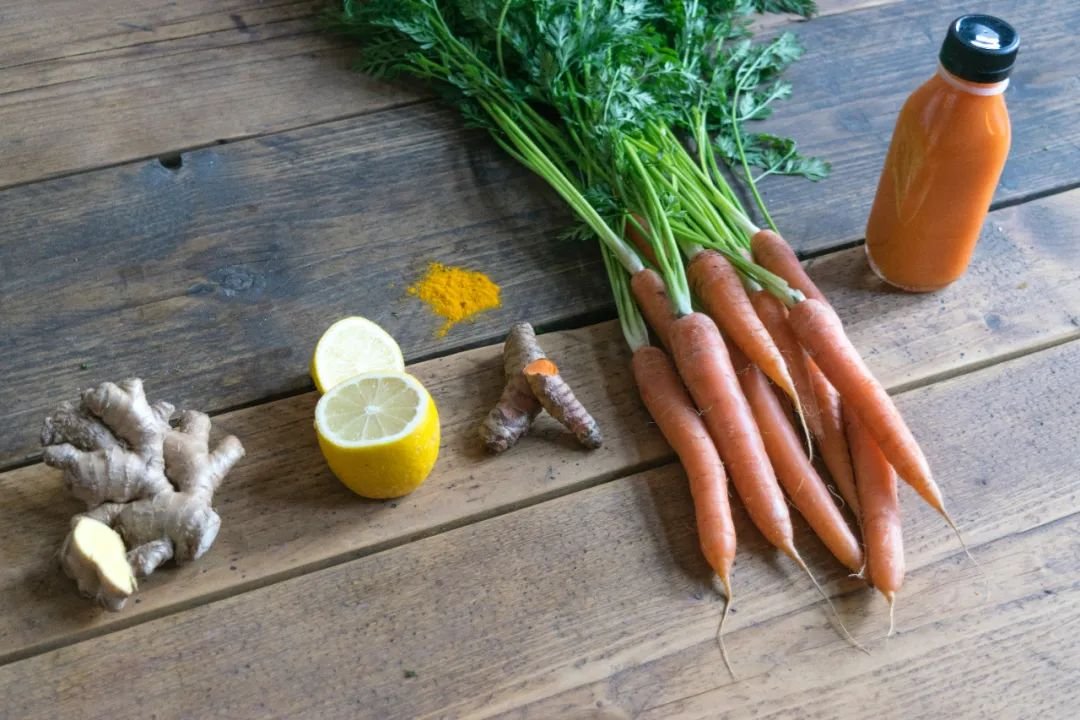My Experience Having Covid and Being Alone at Home - Julia Feste
It’s been almost two weeks since I contracted Covid-19, and I’m finally starting to feel like myself again, with still some fatigue. It was a difficult road, made even harder by the fact that I was all alone at home. Thankfully, I had my mindfulness practice to help me through it, as well as my friends and loved ones to support me. In this post, I want to share my experience of having Covid and being alone at home, hoping that it might help others who are going through something similar. (If you stick with me until the end, you will even find a meditation on the need for nurturing that I led yesterday during Mindful Monday.)
With the recent sudden release of the zero covid policy, most of the city has been contaminated in a blink of an eye. For some reason, I thought I would not get it - my health is generally good, and I practice Qigong. How wrong I was. On Saturday 10th, I felt like my energy levels were depleted. At first, I thought it was just a cold or even simply being sick of working all day long teaching online. But when my fever spiked, and my body ached all over during the night, I realized this was something more serious.
The next day I tried to get antigen tests, only to realize that they were all sold out, as well as common medicines. I immediately reached out to some friends for advice: shall I alert my neighborhood committee? Shall I go out and take a PCR test? It was impossible even to get a Shansong to send me an antigen test. Luckily a friend found the way through Meituan to send it to me within a day. And positive I was.
Somehow it brought me a sense of relief - three years of fighting the virus and finally surrendering to it. At the same time, fear began to creep up on me, and all sorts of thoughts raced through my mind – the worst was that I would die alone without anyone by my side.
It is tough to be alone at home while being sick with Covid-19. Not only do you have to deal with the physical symptoms of the virus, such as fever, fatigue, body aches, sore throat, and a dry cough, but you also have to deal with the psychological effects of feeling isolated during a time when connection and support are desperately needed.
I managed my fear of dying by reminding myself that I wouldn’t feel anything anymore if I died. That helped me to laugh at myself and move on. A bit of humor helps in those times.
The next challenge was that my stomach could not retain anything except water, and all I could think of was that veggie soup of my friend Jordan. I dared to ask him and his wife Jess to bring me a Tupperware of soup to my doorstep, which they did. That was truly a beacon of hope in my day.
Facing the impossibility of getting medicine, I got obsessed with that question: what does my body need to heal itself? Common sense is veggies, fruits, proteins, and vitamins. I could not bother taking a shower or brushing my teeth, and I accepted that. At times when everything felt pointless, I imagined I was my own child: how would I want to treat myself? That did the trick, and I went on taking good care of myself, focusing on the 1% I was able to do.
During glimpses of energy, I was going on an expedition to the kitchen to make myself celery or orange juice. My kitchen was freezing due to some air leaks in the window, and the material I ordered to fill the holes didn't arrive - delivery guys are just as humans as us, and I have great compassion for them because, if you think about it, who delivers to them?
On the third day I gathered all my energy and taped all those holes in the window. That was my achievement of the day, and I went back to bed. Small steps.
I also kept in touch with friends who were going through the same thing, and we asked each other how we felt and how our illness was progressing. That helped. I didn’t tell my family because I didn’t want them to worry as there was nothing they could do from far away.
As a summary, here are my key learnings from this experience:
ask for help
keep your expectations of yourself low; if you can do 1% of what you can usually do, it is already good enough
keep asking yourself what you need (on the physical level and emotional level); knowing what we need is at the heart of mindfulness practices such as NVC and MSC; depression, on the other hand, comes from not knowing what we need; common needs in those times are: nurturing, connecting, community
nurturing your physical body: drink fruits juice (orange, lemon), green shakes (broccoli, celery), and vegetable soups, and trust that your body will know how to do the rest
nurturing on the emotional level: connect with people as much as possible, give news of your progress, and also check with your friends about how they are doing
community: knowing that you are part of a support system is even more potent than having one on one connections; you may want to join a group session online, be it a meditation group, a mindfulness group, or any other group you have something in common with
What are your learnings?
How did you manage or how are you managing your state during the sickness?
Please share this article with as many people as you think it could help.
BMC Academy coaches are available to provide assistance during those difficult times, please check our coach directory.






